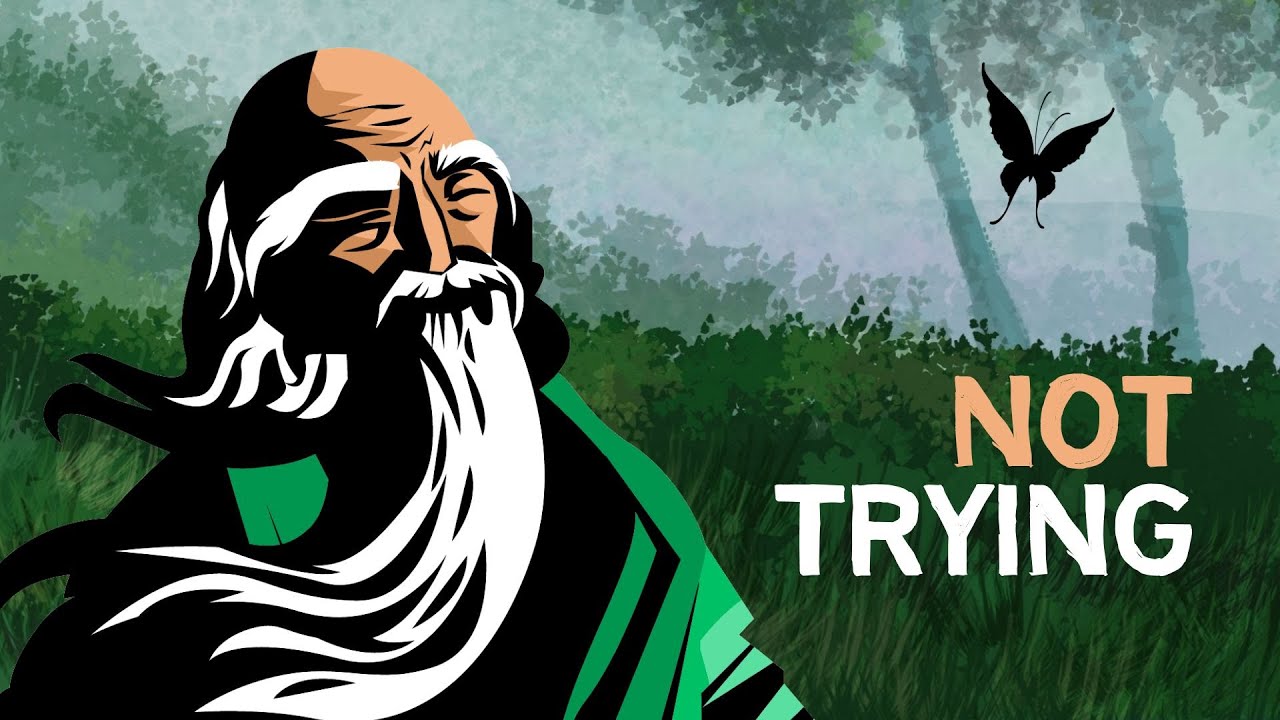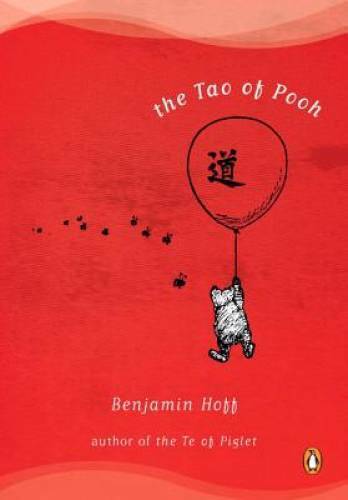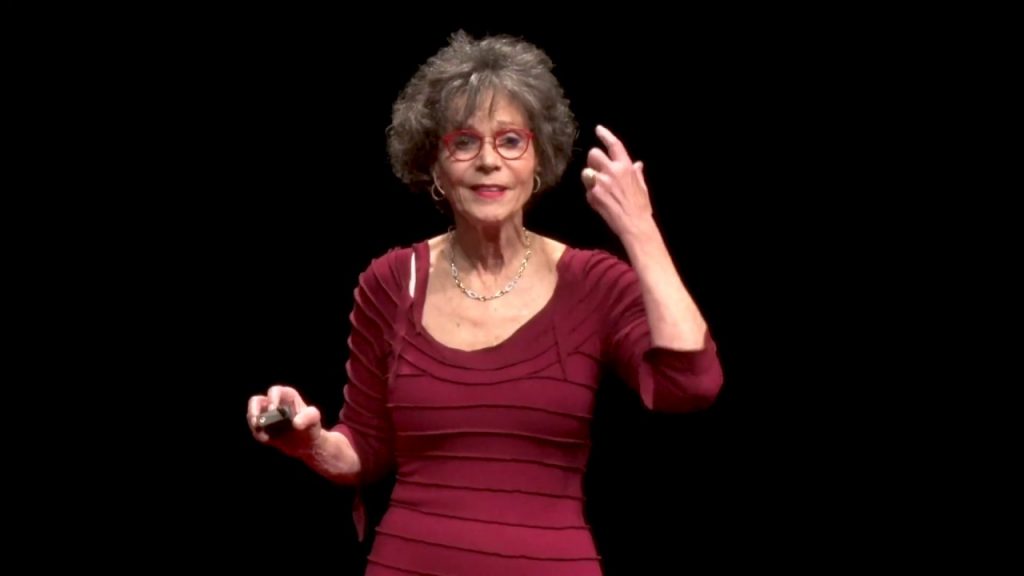TAOISM | The Art of Not Trying

The Taoists observed that humans tend to act in ways that are counterproductive.
And in their attempts to alter the natural way, they only make things worse. All these strivings, rules, ethics, values, surely are invented to benefit humanity. But according to the ancient Taoist sages, we should get rid of them all.
Why?
Because all these manmade ideas only remove us further from the natural flow of life. Trying to alter what nature has intended, is like swimming against the stream: it’s exhausting and gets us nowhere.
This video is about not trying to change the world, to gain the world.
The practice of wu-wei can be applied to various aspects of life.
Taoism, also known as Daoism, is a philosophy and spiritual tradition that originated in China more than two thousand years ago. At its core, Taoism emphasizes the importance of living in harmony with the natural world and following the flow of the universe. One of the key principles of Taoism is the idea of “wu-wei,” or non-action, which is often translated as “the art of not trying.”
The concept of wu-wei is often misunderstood as simply doing nothing, but it is much more than that. It is about acting in a way that is natural and effortless, without imposing one’s will on the world. It is the ability to let go of attachment to outcomes, to flow with the ebb and flow of life, and to trust in the natural process of things. As Lao Tzu, the founder of Taoism, wrote in the Tao Te Ching, “Nature does not hurry, yet everything is accomplished.”
In our Western culture, we are taught to value action, productivity, and achievement. We are constantly striving to do more, be more, and have more, often at the expense of our health, relationships, and inner peace. Taoism offers an alternative way of living that emphasizes simplicity, humility, and the cultivation of inner stillness.
The practice of wu-wei can be applied to all aspects of life, from work to relationships to personal growth. In the workplace, it means discovering and following the natural flow of things, instead of imposing rigid rules and structures. In relationships, it means letting go of control and allowing things to unfold naturally, instead of trying to force a particular outcome. In personal growth, it means surrendering the ego and the need to control, and trusting in the deeper wisdom that lies within.
The art of not trying is not about being passive, lazy, or indifferent. It is about acting in a way that is spontaneous, authentic, and aligned with the natural flow of life. It is about cultivating a state of awareness and presence where we can respond to the needs of the moment, without being limited by our own preconceptions and expectations.
In conclusion, Taoism offers a profound and inspiring vision of life that challenges many of the values and assumptions of our modern culture. The art of not trying, or wu-wei, is a central aspect of this philosophy, and it offers a powerful antidote to the stress, anxiety, and busyness of modern life. By practicing wu-wei, we can learn to live in harmony with the natural world and the flow of the universe, and discover a deeper sense of peace, joy, and fulfillment.










20 MIN FULL BODY WORKOUT – Beginner Version // No Equipment I Pamela Reif
7 Healthy Breakfast Ideas For The Entire Week
9 Models on the Pressure to Lose Weight and Body Image | The Models | Vogue
TAOISM | The Art of Not Trying
5 Primal Movements you NEED to do